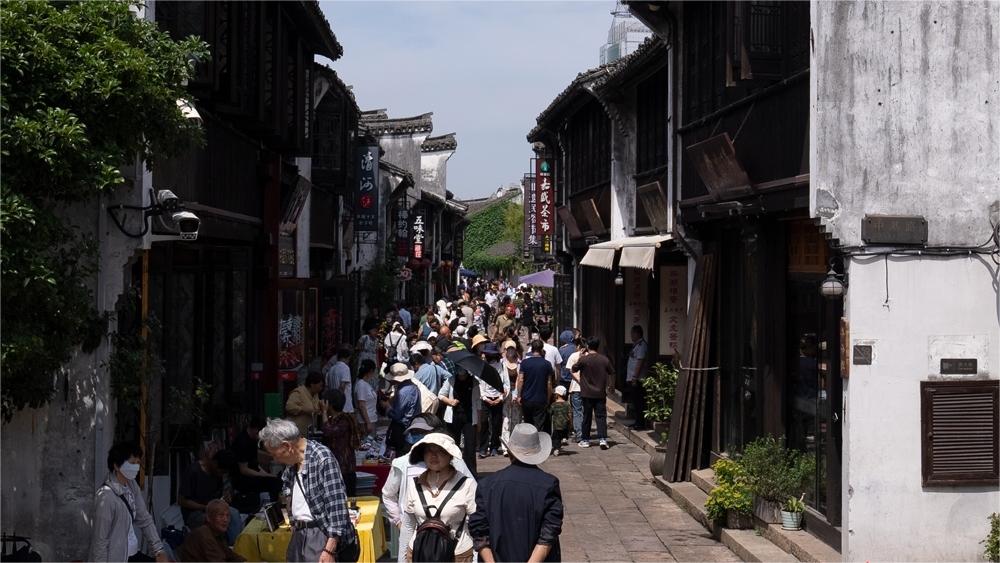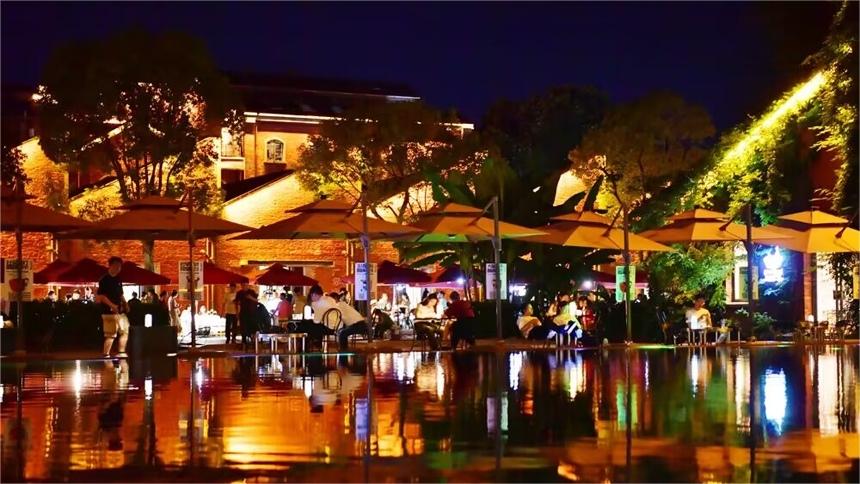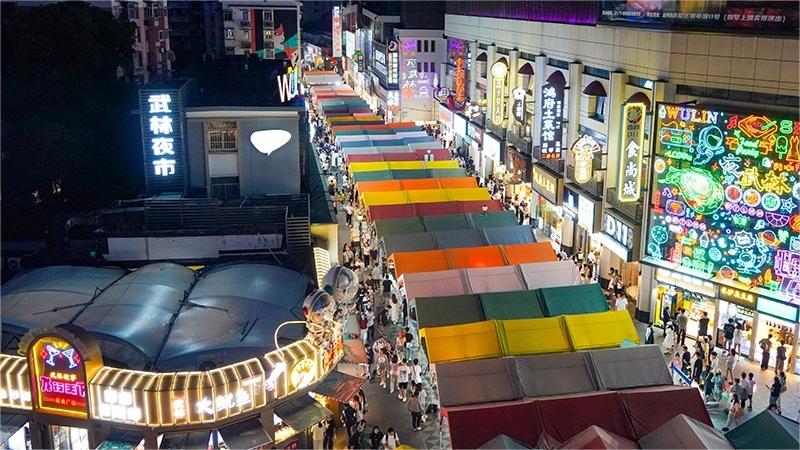Visiting archaeological sites becomes new cultural tourism trend in China
Watching archaeologists at work and learning about their discoveries are becoming increasingly popular cultural tourism experiences in China.
Many archaeological sites currently being excavated, such as Emperor Qinshihuang's Mausoleum Site Museum in northwest China's Shaanxi Province and the Archaeological Ruins of Liangzhu City in east China's Zhejiang Province are allowing public tours and educational activities.
The Zhouqiao Bridge and the nearby Bianhe River relics site in Kaifeng city, central China's Henan Province, have been sharing with the public archaeological discoveries by allowing people to visit the sites and watch archaeological work over the past four years.
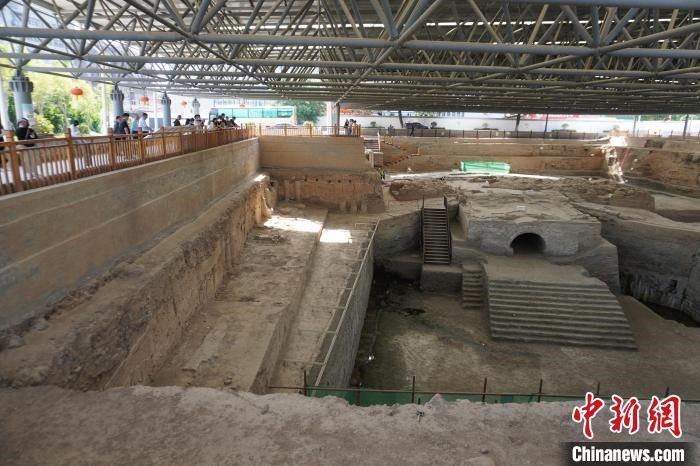
Visitors observe an area of the Zhouqiao Bridge and the nearby Bianhe River relics site in Kaifeng city, central China's Henan Province, on May 16, 2024. (Chinanews.com/Han Zhangyun)
In an effort to make it more convenient for visitors to observe the relevant areas and work, the cultural relics authorities of Henan have constructed viewing platforms, walkways, and classrooms for study tours around active excavation zones.
About 50,000 visitors have been able to observe archaeologists unearth and catalogue artifacts, while receiving explanations from tour guides, according to Zhu Yanrong, a teacher for study tours at the relics site.
Visitors can also try "digging treasure" and "repairing cultural relics" through the mystery box products provided at the site, Zhu said.
During the May Day holiday this year, the Dahe Village relic site, Shuanghuaishu site, and Qingtai site in Zhengzhou, capital of Henan, held open house events with a rich variety of activities, thus helping create an immersive archaeological experience for visitors. The tickets to the events were immediately snapped up.
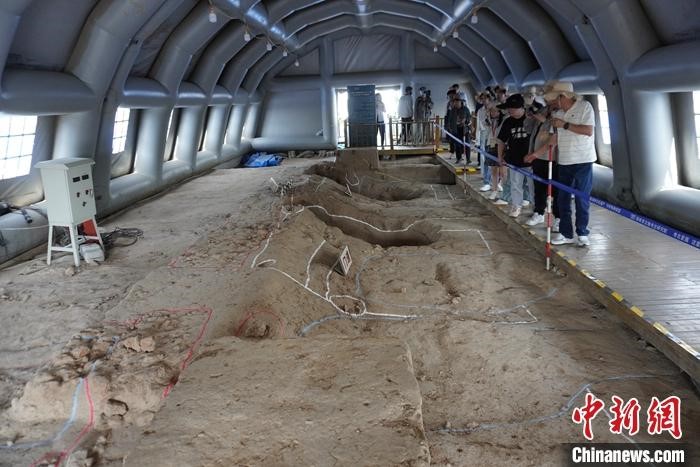
People visit Shuanghuaishu site in Zhengzhou, capital of Henan, on May 13, 2024. (Chinanews.com/Han Zhangyun)
"It provides a great learning experience to see the archaeological process up close and learn about the findings directly," said a parent in Zhengzhou after taking part in an open house event.
Archaeologists believe this transparent approach helps demystify their work for the public and generates more interest in cultural heritage preservation.
Open archaeology allows the public to participate in discussions and voice different perspectives, said Pan Weibin, a research fellow at the Henan Provincial Institute of Cultural Heritage and Archaeology who leads the excavation at the mausoleum site of Cao Cao, a prominent historical figure in China.
Allowing the public to understand the archaeological research process can help cultivate scientific literacy and artifact protection awareness, drawing more people into cultural heritage efforts, said Wang Tao, a professor of the School of History at Capital Normal University in Beijing.
Photos
Related Stories
- Ancient temple excavation gains progress by joint Egyptian-Chinese archaeological mission
- Artifacts from east China's Shandong Province debut in Hong Kong
- China to develop more world-class archaeological institutions over next decade
- 445 tombs from over 2,000 years ago excavated in north China
- Study reveals 100,000-year evolution from wild to domesticated rice
- New findings illuminate details about SW China ancient capital
- Cattle bone powder first discovered in pottery bonding from China's ancient horse statue
- Archaeological excavation at Wuwangdun tomb in Anhui yields major findings
Copyright © 2024 People's Daily Online. All Rights Reserved.






